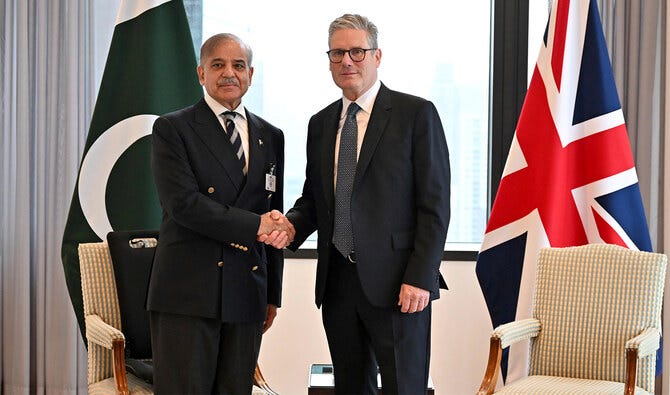The EU and UK’s Alignment with Pakistan’s Shahbaz Sharif Government
A Deep Dive into Geopolitical Influence


The 2024 general elections in Pakistan were widely seen as a critical moment for the country’s democratic trajectory. However, the process was marred by widespread allegations of rigging, manipulatio…



